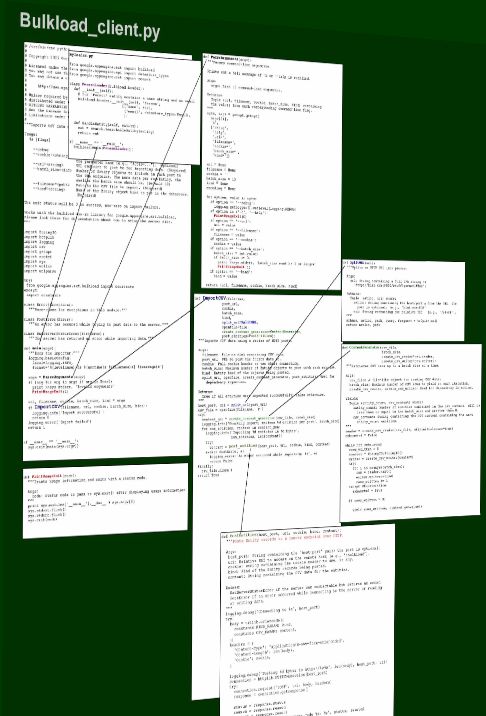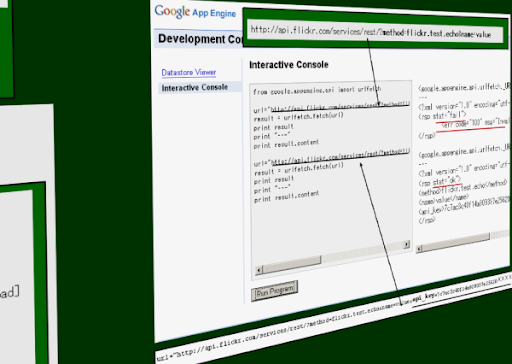We've included a short-term full text search library in the
google.appengine.ext.search module. It's limited, so we don't discuss
it much in the documentation. We expect to provide a more robust, full
featured solution eventually.
http://groups.google.com/group/google-appengine/browse_thread/thread/4b912691a00eea59
Having created a SearchableModel entity, updating it doesn't seem to
update the full text index - Is that expected behaviour?
A little unit test to explain what I mean:
import sys, os, time
sys.path.append('/usr/local/google_appengine')
sys.path.append('/usr/local/google_appengine/lib/yaml/lib')
import unittest
from google.appengine.api import apiproxy_stub_map
from google.appengine.api import datastore_file_stub
from google.appengine.api import mail_stub
from google.appengine.api import urlfetch_stub
from google.appengine.api import user_service_stub
from google.appengine.ext import db, search
APP_ID = u'test'
AUTH_DOMAIN = 'gmail.com'
LOGGED_IN_USER = 't...@example.com'
searchtext = db.TextProperty()
.
.
.



